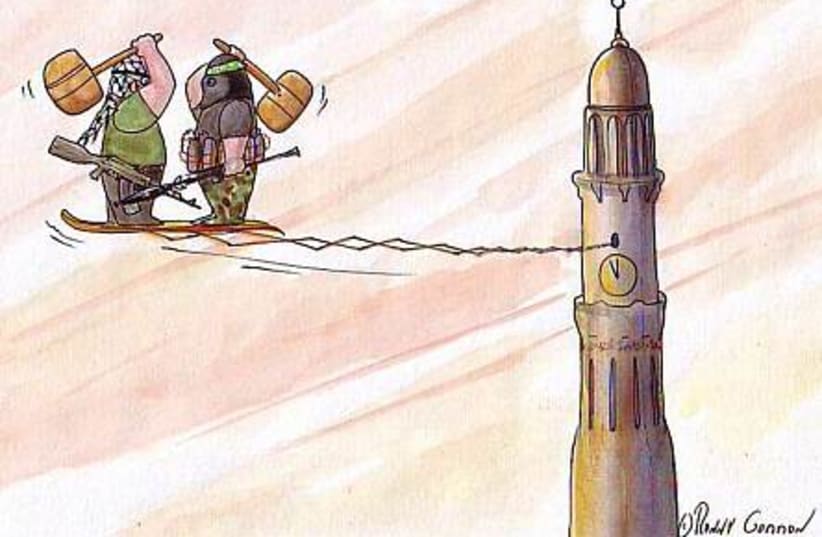The writer is the former Deputy Director of the Global Research in International Affairs Center (GLORIA) in Herzliya.
The two state solution with three parties?

The writer is the former Deputy Director of the Global Research in International Affairs Center (GLORIA) in Herzliya.